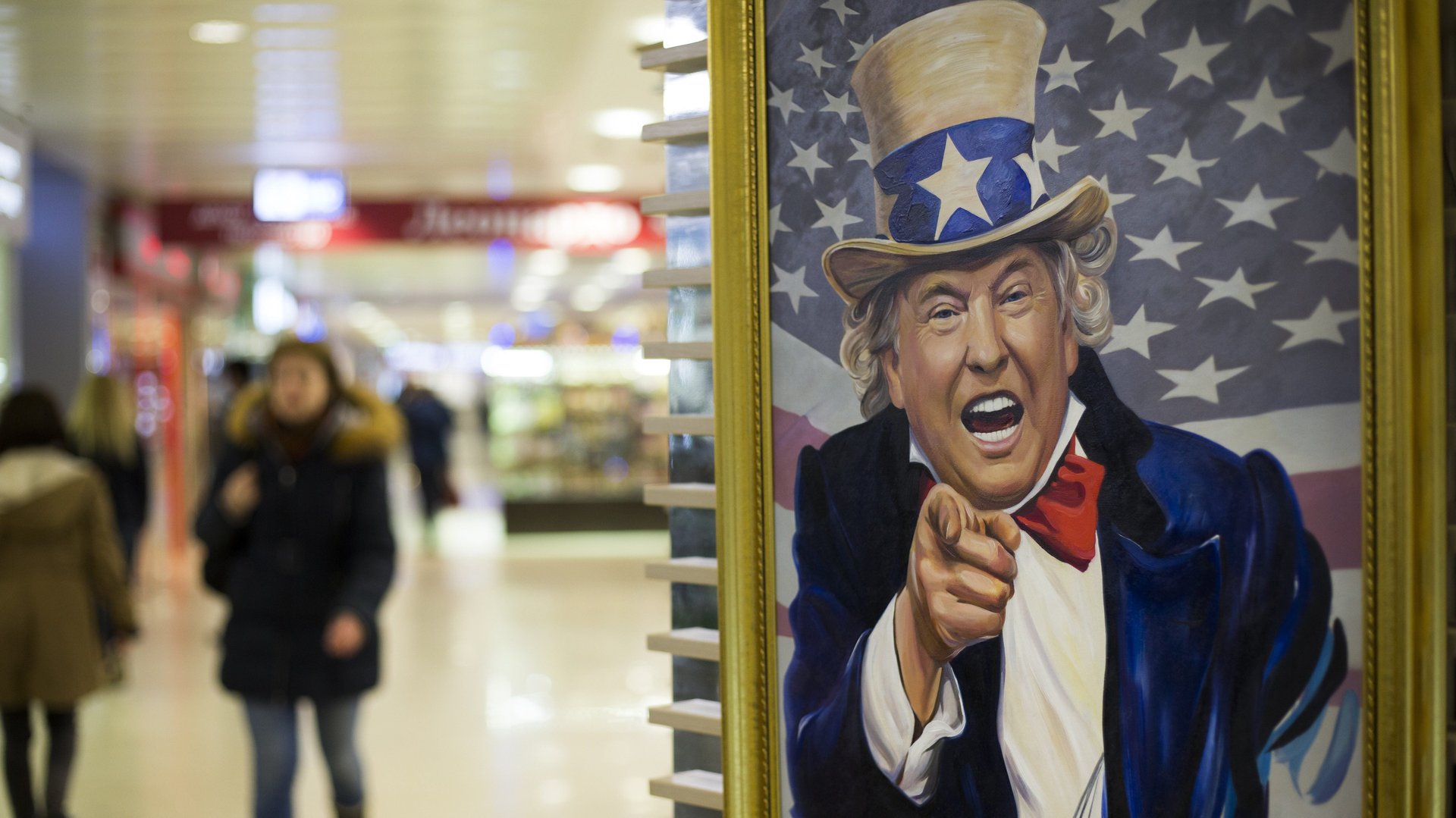The US government’s ethics tsar has been bombarded with requests since Trump became president
Until last November, the Office of Government Ethics (OGE) was just a tiny, wonky outfit of 70-odd people; generally an afterthought in the morass of the Washington bureaucracy. But not any more.


Until last November, the Office of Government Ethics (OGE) was just a tiny, wonky outfit of 70-odd people; generally an afterthought in the morass of the Washington bureaucracy. But not any more.
Donald Trump’s presidency has so far kept the OGE, an independent agency responsible for monitoring conflicts of interest within the White House, running on overdrive. It’s had to deal with matters ranging from the president and his cabinet’s extraordinary array of business interests, to the hawking of his daughter’s goods by a top adviser on live television, to his treasury secretary promoting a film he had produced during a media interview.
Trump’s administration has been widely criticized for its lack of transparency, and demands for information from the public, press, and Congress have gone through the roof. The OGE has already received five times the amount of Freedom of Information (FOIA) requests that they usually get in a full fiscal year—with five months left to go.
Trump has claimed that his refusal to comply with ethics norms like releasing his tax returns are issues that only journalists “care about.” However, an NPR analysis of inquiries to the OGE found that phone calls from the public, not FOIAs from media agencies, increased the most—calls were up more than 5,000% this fiscal year compared to the average since 2009. On top of that, there have been almost six times the usual number of requests for information from members of Congress, NPR reported.
OGE director Walter Shaub told NPR that the dramatic uptick in requests is preventing his already understaffed employees from doing their jobs properly. “We’ve even had a couple days where the volume was so huge it filled up the voicemail box, and we couldn’t clear the calls as fast as they were coming in,” he said.
That’s no help for their primary responsibility of giving the government crucial advice on ethics matters.